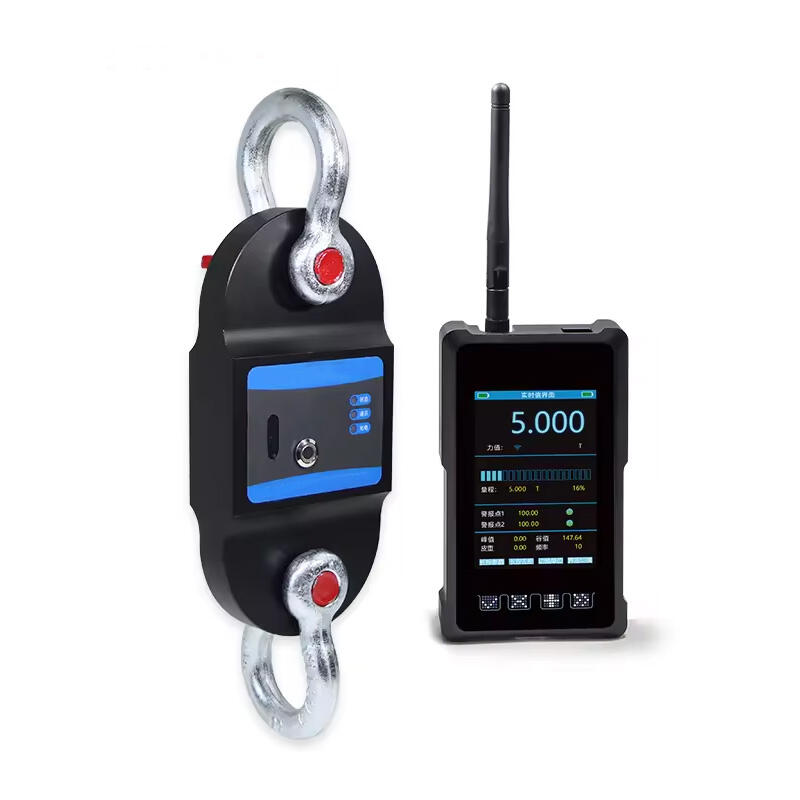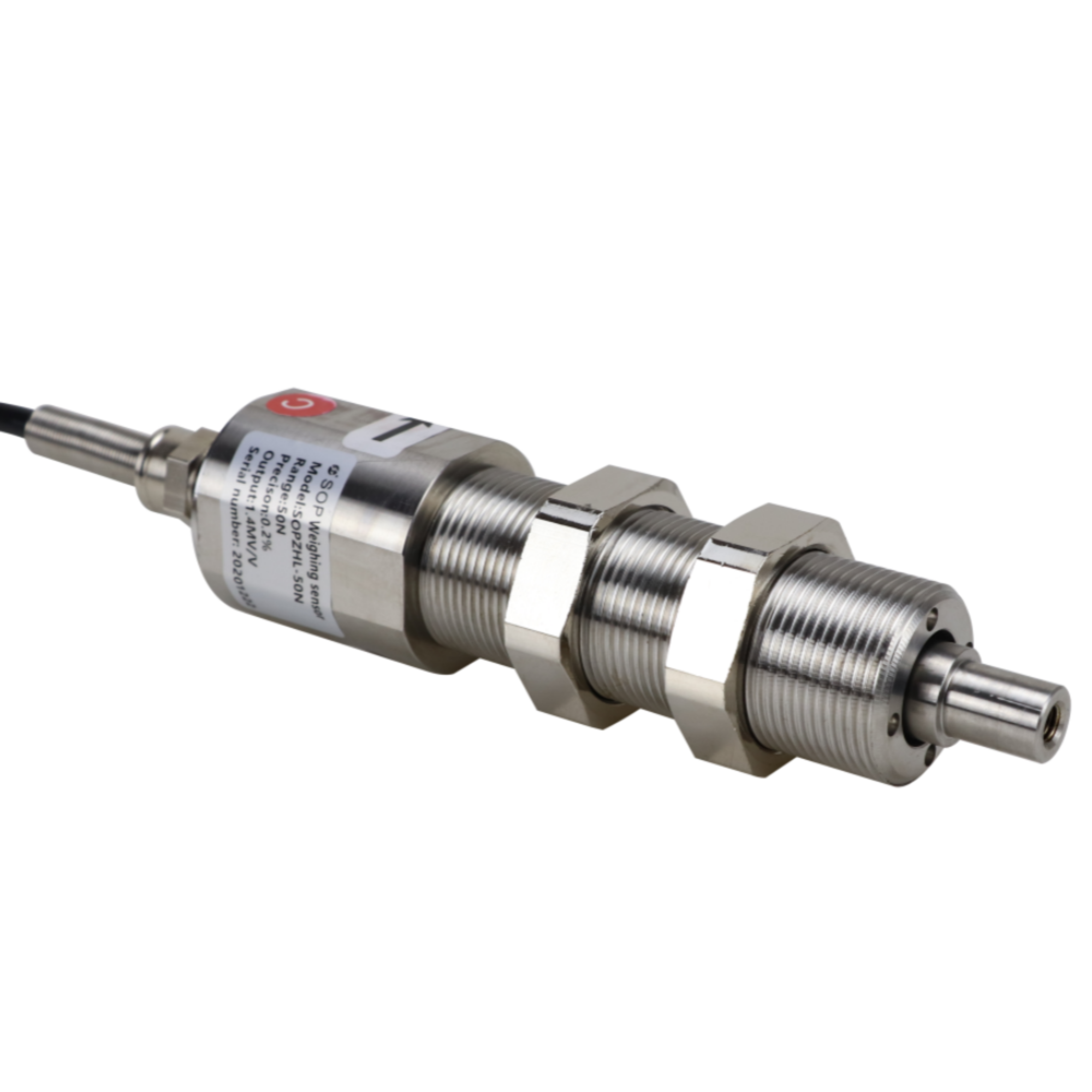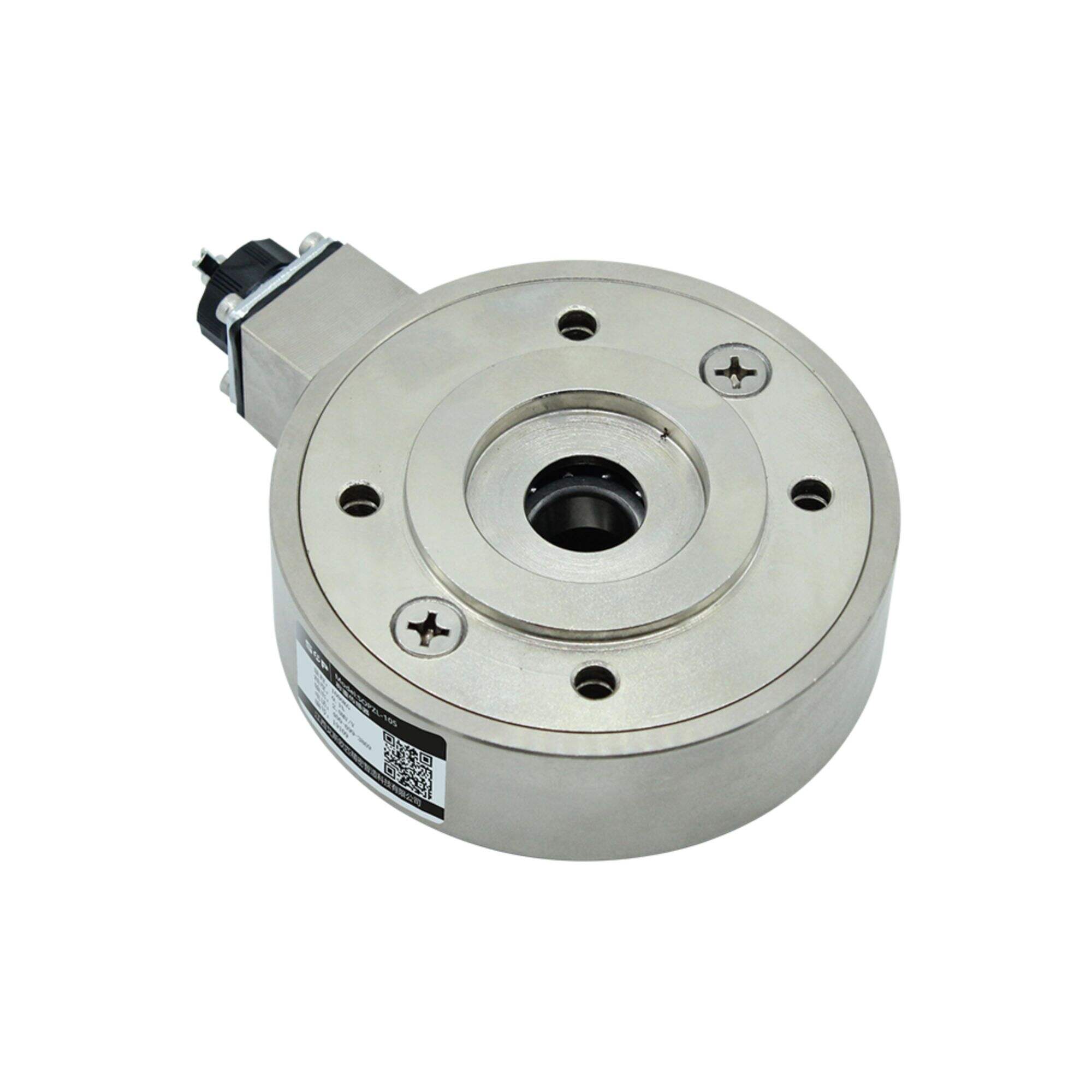باستخدام بعض مقاومات التغيير، توفر خلية الحمل الإلكترونية الحركة الكهربائية اللازمة لتحديد الوزن بدقة عالية عبر التطبيقات البرمجية في العديد من التطبيقات عبر جميع القطاعات التجارية. في ما يلي سأقدم بعض الحقائق الأساسية حول خلايا الحمل الإلكترونية وعملية عملها.
ما هي خلية الحمل الإلكترونية؟
خلية الحمل الإلكتروني هي مثل ميزان ذكي. تقيس أصغر فقدان للوزن وكيفية ثقل الأشياء! تصدر إشارة كهربائية تمثل الوزن الذي يقرأه الحاسوب. هذا يسمح للحاسوب بمعرفة كمية الوزن الموجودة في صندوق معين
أنواع خلايا الحمل
أنواع خلايا الحمل الإلكتروني. خلية الحمل باستخدام جهاز قياس الإجهادات هي الأكثر استخدامًا. جسم معدني ملتف داخل أسلاك رفيعة محاطة بقشرة مشدودة. تتغير مواقع الأسلاك المقاومة إذا كانت تحت ضغط. وبعد ذلك يقوم هذا النظام الآن بحساب الوزن الصحيح.
مزايا خلايا الحمل الإلكتروني
تُستخدم خلايا الحمل الإلكتروني على نطاق واسع في الصناعات لأنها توفر دقة ومتانة عالية حتى في ظروف شديدة. هذه الفوائد كبيرة لأنها يمكن أن تعمل مع أنواع مختلفة من موازين الأوزان وأجهزة أخرى.
اختيار الخلية الحاملة الصحيحة
نظرة عامة وبعض التوجيهات حول ما يجب البحث عنه عند اختيار خلية تحميل - أي نطاق الوزن، الدقة + التطبيق. يتم تصميم خلايا التحميل لمواقع معينة مثل التركيب الجانبي أو قياسات الوزن المختلفة بما في ذلك العرض من الأعلى.
تحتاج خلية الحمل إلى معايرة. إيه... ستبدو وكأنها أوزان تستخدمها باستمرار. كيفية معايرة خلية الحمل: هناك ممارسات للمعايرة تحافظ على استقرار عملها.

حقيقة أن خلايا الحمل الإلكترونية يمكن استخدامها معاً هي أيضاً ميزة كبيرة، ومع الطلب المتزايد عليها تصبح أكثر تطوراً! لأن الصناعات تتجه نحو الأتمتة والأنظمة الرقمية، لذلك يزداد أهمية خلايا الحمل.
بالمختصر، خلايا الحمل الإلكترونية هي أدوات مثالية لهذه الصناعات التي يكون فيها التوزين الدقيق شرطاً أساسياً. يمكن لبعض الشركات الاستفادة بشكل كبير من استخدام خلايا الحمل الإلكترونية: عندما يتم ضبط دقيق واختيار مناسب في تطبيق معين. ديباك لال واني
خلايا الحمل الإلكترونية الأساسية
إن خلية الحمل الإلكترونية هي واحدة من العجائب المذهلة في التكنولوجيا والتي تحتل مكانة قمة لتوفير دقة قصوى في قياس وزن الأجسام. على عكس خلايا الحمل الرئيسية، فإن الخلايا الإلكترونية أجهزة سهلة للغاية وسنلقي نظرة أعمق على أساسيات تشغيلها.
كيف تعمل خلايا الحمل الإلكترونية
طريقة واحدة لفهم خلية الحمل الميكانيكية هي مثل ميزان فاخر للغاية يمكنه حتى اكتشاف أصغر تغيير في الوزن، ولكن استبدال الوزن هنا بالقيمة الإلكترونية. يعمل هذا كمستشعر حيث يأخذ الإدخال على شكل قوة مطبقة من قبل الجسم، على سبيل المثال وزن الجسم وتحويل هذا الإشارة إلى إشارة كهربائية. ثم تستخدم الحاسوب هذه الإشارة لتحديد كم الوزن الحقيقي الموجود على الجسم.

أنواع الخلايا الإلكترونية الأكثر شيوعًا هي خلايا الإجهاد. تحتوي أيضًا على جسم معدني مع خيوط دقيقة حولها. وتتعرض هذه الأسلاك للإجهاد ويتغير مقاومتها عندما يتم وضع وزن عليها. نتيجة لتغير المقاومة، يمكن للحاسوب تحديد بدقة كبيرة كم الوزن الذي تم إضافته لهذه الخلية.
محولات الوزن لمجالات مختلفة
تُستخدم خلايا الحمل بشكل كبير في الصناعات المختلفة، ويمكن استخدام إلكترونيات خلية الحمل على نطاق واسع في التطبيقات التصنيعية. إنها خاصة للغاية وقادرة على التعامل مع العديد من أنواع المشكلات، مع الدقة المحددة التي تنتج بسبب الفائض الهيكلي. هذا مدمج مع قدرتهم على الاستخدام في مجموعة واسعة من آلات الوزن مما يجعلها مناسبة لأي نوع من الاستخدام.
اختيار خلية الحمل المثالية
حسناً، لهذا السبب، عندما تقوم باختيار سعات خلية الحمل أو تحتاج إلى شراء خلية حمل إلكترونية عبر الإنترنت، يجب أن تعرف العوامل التالية مثل أي سعة مطلوبة وفقًا للتطبيق والمواصفات. خلايا الحمل من نوع الشعاع القاطع والضغط هي فقط بعض النسخ من هذه المنتجات المخصصة لتلبية احتياجات القياس المختلفة.

ال-Calibration هي مجرد عملية تجعل من الممكن تقديم head calibration مستمرة لمقياس التسارع. هذه المعايير تُحدد للأوزان التي لديها وزن معروف. تتضمن تقنيات الت headibration المتعددة shunt و deadweight calibrations للحصول على قراءات دقيقة وأداء.
تكنولوجيا خلايا الحمل عبر السنوات
توسيع التكنولوجيا المفضلة يولد فرصًا لتطور خلايا الحمل الإلكترونية. تطور الإلكترونيات والتحكم الآلي يدعم أيضًا الطلب على خلايا الحمل الإلكترونية حيث يوفر دافعًا لاستخدام تقنيات متقدمة في أرضية الإنتاج. يتم تعزيز هذا الاتجاه السوق بشكل أكبر من خلال الانتقال التدريجي نحو التحكم الآلي والرقمية في العديد من الصناعات، مما يبرز أهمية خلايا الحمل في أنظمة الوزن والقياس الحالية عبر مختلف القطاعات الصناعية.
الاستنتاج في النهاية، يمكننا القول إن خلايا الحمل الإلكترونية لعبت لعبة طويلة الأمد ولكن للأسف ليس لتحقيق قراءات دقيقة، حيث أن معظم القطاعات اليوم تواجه صعوبة في الحصول على الأوزان الموعودة من هذه الأجهزة. اختيار خلية الحمل المناسبة و-Calibrating إعدادها للحصول على قراءات كتلة دقيقة يسمح للشركات بتحقيق تحسينات كبيرة بفضل هذا التنفيذ الإلكتروني الحديث.
تعمل SOP التي لديها أكثر من 20 عامًا من الخبرة الإنتاجية مع أكثر من 5000 عميل عالمي، وهي شركة ذات سمعة حسنة تنتج منتجات تقنية متقدمة وتشترك في البحث، تصنيع خلايا الحمل الإلكترونية، والمبيعات والصيانة لأنواع مختلفة من المستشعرات.
نقدم خلية الحمل الإلكترونية الآمنة والموثوقة لكل منتج، بالإضافة إلى شحن سريع خلال يومين للبضائع الموجودة في المخزون. هناك العديد من خيارات النقل المتاحة أمام العميل للاختيار. بعد التسليم، سيتم تقديم تفاصيل تتبع الشحنة.
شركتنا معتمدة من قبل CE و RoHS و ISO9001 بالإضافة إلى شهادات أخرى. تخضع منتجاتنا لاختبارات صارمة قبل التسليم. كما تقدم SOP مهندسين يقدمون خدمات ما بعد البيع للخلية الإلكترونية لأي قضايا منتج.
تتكون منتجاتنا الرئيسية من أنواع مختلفة من المستشعرات، مثل مستشعر خلية الحمل الإلكتروني ومستشعر الإزاحة بسلك الرسم مستشعر LVDT ومستشعر الخلية المحملة ومستشعر الالتواء ومستشعر المغناطيس ومستشعر الضغط إلخ. نحن نقدم خدمات OEM/ODM حسب احتياجات العميل.